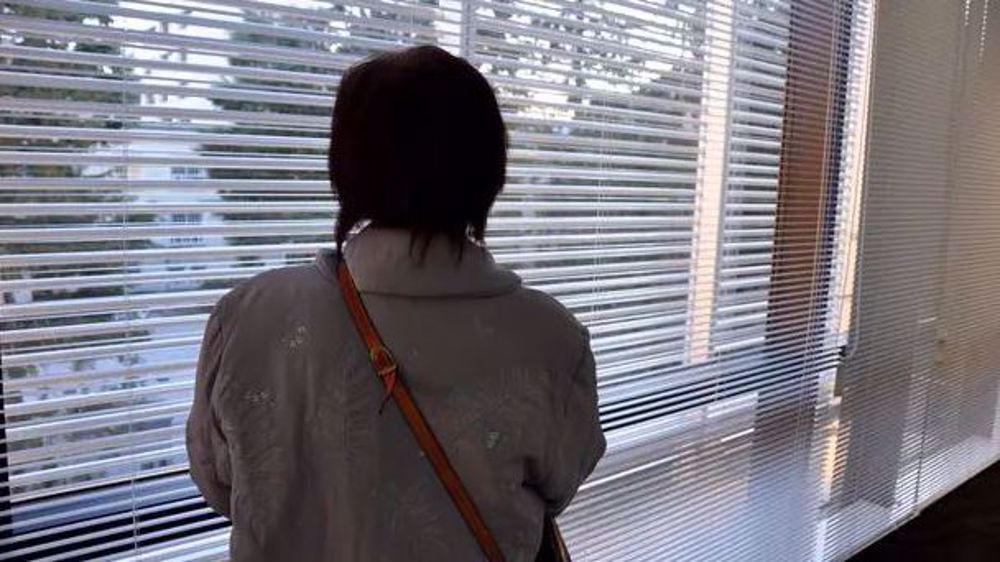Report of forced sterilization of children sparks anger in Japan
Human rights activists in Japan have furiously reacted to a shocking government report revealing the sterilization of children as young as nine under a eugenics law that was in place until 1996.
According to the report that was submitted to the parliament this week, about 16,500 people were forcibly sterilized from 1948 to 1996.
As per the controversial “eugenic protection law,” this was done to “prevent the birth of poor-quality descendants and to protect the life and health of the mother.”
Most of the victims of this inhumane practice were women.
The report said another 8’000 people gave their consent for the sterilization, raising doubts among the human rights activists who believe that the victims were pressurized to comply.
The Japanese government passed a law in 2019 guaranteeing each victim a compensation of $22,800 but only 1094 victims have received the amount so far, according to reports. The deadline is set to expire on April 2024.
Campaigning for decades the victims of the controversial sterilization program have been demanding monetary compensation along with the recognition of the physical and mental pain they experienced.
“People with disabilities… we all have the right to live… They stripped us of this right,” Kikuo Kojima, a victim of the forced sterilization program said.
The judicial system of Japan has also not come to the rescue of these sterilization victims. To this date, only four courts have granted compensation to the victims while others have been on the government’s side.
After the report was published, the chief cabinet secretary of Japan, Hirokazu Matsuno, said the government “sincerely reflects on and deeply apologizes” for the “tremendous pain” victims suffered through forced sterilization.
“The report did not reveal why the law was created, why it took 48 years to amend it, or why the victims were never compensated,” said Koji Niisato, a lawyer representing the victims, the Kyodo news agency reported.
The law was introduced after World War II to prevent the birth of children who the government labeled “inferior.” This included people with physical disabilities and mental illness, who for decades have faced discrimination and isolation in Japanese society.
In Japan, people with handicaps and chronic conditions have been treated as second-class citizens based on a Buddhist belief that their afflictions stem from bad karma and from their actions in previous lives.
Japan has more than seven million disabled people. The government has been claiming that it is giving equal rights to these people and has also increased their employment quota raising it to 2.5 percent. However, only half of disabled people have actually been employed.
“Japan is good at putting people in boxes. I’m trying to remove the disability label. As long as people look at you through colored lenses, it will affect the way people look at you and evaluate you, said Hajimu Ashida, a differently-abled athlete.
In August 2018, authorities were forced to admit they had given false information and inflated the number of disabled people employed in 27 government ministries and agencies.
Japan is not the only country that had this “eugenic protection law” established. Such practices were also in place in the United States, Australia, Sweden, and Germany.
6 Israeli soldiers committed suicide in recent months: Reports
Diplomat discourages recourse to pressure, intimidation, confrontation against Iran
UN: 2024 deadliest year for aid workers amid genocide in Gaza
Gaza health official warns of hospital shutdowns within 48 hours
Israel kills 5 more paramedics in southern Lebanon: Health ministry
Iran to launch ‘new, advanced’ centrifuges in response to IAEA resolution: AEOI
Yemen fires hypersonic missile at Israeli airbase
VIDEO | New Delhi chokes under toxic smog as air quality remains at hazardous levels










 This makes it easy to access the Press TV website
This makes it easy to access the Press TV website